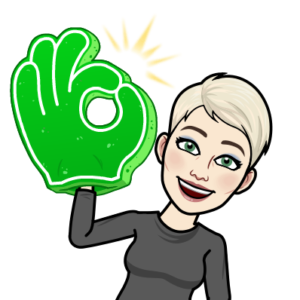PART 4: Perks and Potholes of Social Media
The musings of an empathetic mum, teacher, leader and global digital citizen
(aka Mrs V)
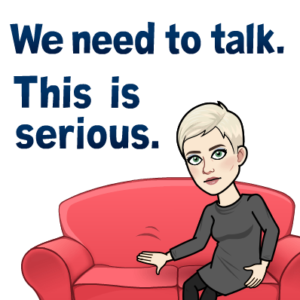 Okay everyone, it’s time we discuss Social Media.
Okay everyone, it’s time we discuss Social Media.
As young people living in the developed world, every aspect of our children’s lives has been impacted by digital advancement. The sub-culture of our teens — their education, their entertainment and their social interactions occur more and more regularly through a growing number of social media platforms.
During the past decade, social media sites such as Facebook, Twitter, Instagram, Snapchat, YouTube, Pinterest and LinkedIn have provided our ‘digital natives’ with the ability to form, maintain and explore virtual interactions. Such is the power of social media that it is now harnessed for the rapid deployment of rallies, political movements and protests, as well as relationships, community group development and even the real-time prevention of potential acts of suicide.
Now before we throw ourselves headlong into a debate about whether social media is good, bad or ugly, let’s look at its proliferation. Firstly some statistics from home:
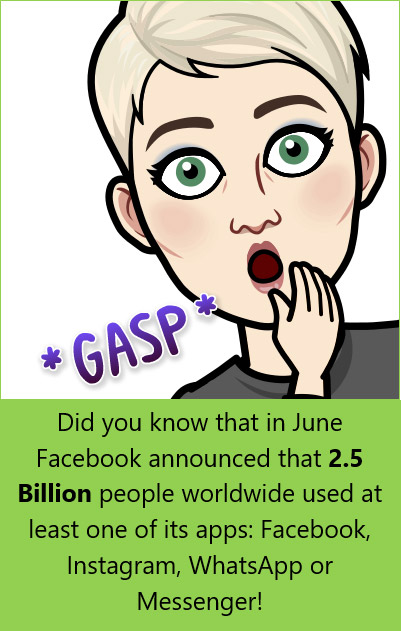
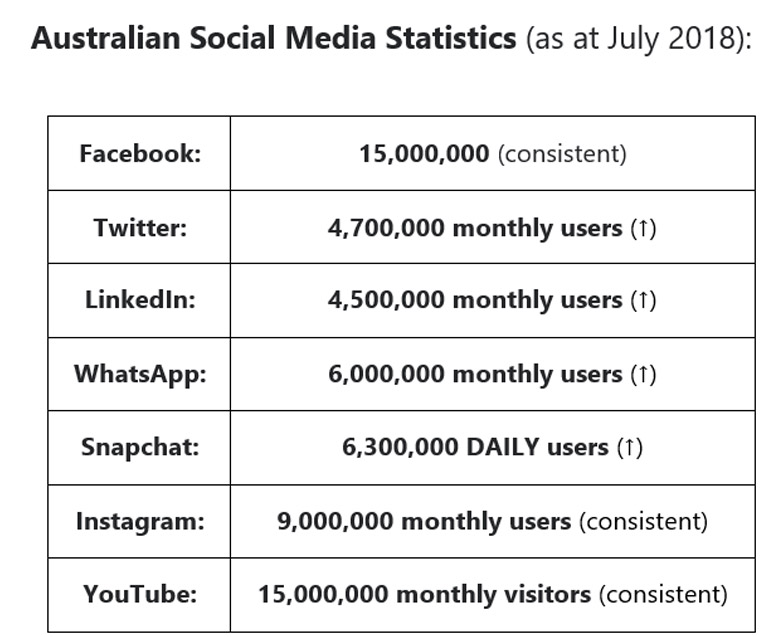
Okay, who am I kidding… I am not at all surprised by these statistics. In fact, I know I have personally contributed to these numbers as I am a frequent social media user: Facebook, Twitter, Instagram, LinkedIn, WhatsApp and YouTube are all sites that I frequently visit.
The increase in the uptake of social media has raised the important questions for parents, doctors, psychologists, educators and some very astute teens: How does Social Media affect young peoples’ social connections? While limited longitudinal research is available in this area, there is some interesting information that has come out with questions like — What are the positive and negative effects associated with Social Media and how much is too much? Let’s take a closer look at some of the perks and potholes of social media.
The Perks of Social Media
Teenagers today use social media to have fun, make and maintain friendships, share interests, explore ideas and develop relationships with family members. It provides them with a social and creative aspect to their lives.
Social media sites have allowed likeminded groups of people to meet in online global communities. These groups can extend from support groups for young people with a disability, cat lovers, dog lovers, online gamers, parent school groups, employment opportunity groups and many more.
Further to creativity, social group interactions and interests, teenagers can also develop their digital media literacy, share educational understandings through collaborative learning, explore their creative side through profile pages and games modifications, and even feel a sense of community and belonging through extended connections, particularly when such connections are meaningful, i.e. family members around the world.
The Potholes of Social Media
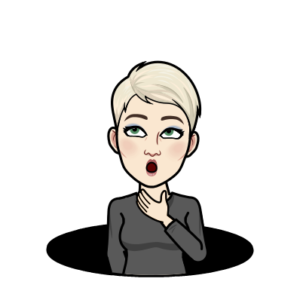
Social media sites can also pose risks. The Raising Children Network lists the following possible risks for your child:
- being exposed to inappropriate or upsetting content like mean, aggressive, violent or sexual comments or images
- uploading inappropriate content like embarrassing or provocative photos or videos of him/herself or others
- sharing personal information with strangers – for example, phone numbers, date of birth or location, photos that indicate the school they attend (e.g. school uniforms)
- cyberbullying (ever on the rise)
- exposure to too much targeted advertising and marketing
- data breaches, like having his or her data sold on to other organisations
As a mum I would add the following risks too:
- a misalignment of self-worth – the perception that ‘my world’ is not as good as what everyone else posts onto social media
- addiction – a behavioural dependency on knowing what is happening in everybody else’s life, all the time and in real time
- An often one-sided view of life, information, and the world — depending on who they are following and what groups they have subscribed to
Here are some TIPS and TRICKS — also known as HOMEWORK — to help you start a conversation with your teenager about the risks of social media:
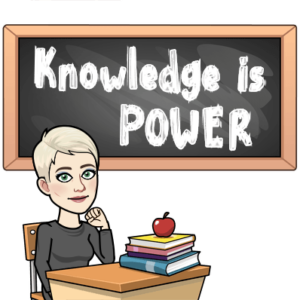
- Find a comfortable, neutral and safe place to chat about what social media platforms your child likes to use and why. LISTEN carefully. Share with them the ones you like to use (and don’t take offense if they giggle… after all we are soooooo old!)
- Discuss openly the positives of social media to help them understand that you are aware of the positive opportunities (this will help establish a more open platform for you to share your concerns with them.)
- Talk with your teenager about what you are worried about. Be careful how you approach this, as the purpose is to keep the dialogue open. The point of this talk is to share your feelings as a parent but not to make them feel inadequate as a teenager.
- Ask them what they know about the risks of social media. Can they already demonstrate an understanding of:
- How they want to be treated online?
- What good social media etiquette is?
- The dangers of being tagged in an embarrassing photo, or at a particular location?
- The dangers of sharing personal information including information which can be gleaned from our photos?
- What to do if people online ask for personal details, are mean or abusive, post embarrassing images or promote racial or hate language?
- What their digital footprint is, and what it could mean for their future?
- Expect that this will be, and should be the first of many ongoing conversations.
There are many more things we need to look at in the world of social media such as how much is too much, should I monitor my child’s social media use and should we be friends with our children on social media. For now, I wish you all the best as you walk alongside your teenager in the world of social media. Seek to understand them, seek to share a little more of yourself with them as you establish trust around this conversation and be prepared to moderate your emotions to help them moderate theirs.

♥ Mrs V
(Novice Minecraft player, Level 10 Clash Royale Clan Leader, firm but loving digital parent, mistake-maker and Head of Junior School)
Resources:
https://www.esafety.gov.au/about-the-office/resource-centre/brochure-parents-guide-to-online-safety
 SEQTA Engage
SEQTA Engage

